Waste Management
Why Edible Utensils Are a Delicious Alternative to Plastic Cutlery
Apr 29 2016
We need to talk about plastic. As things stand, our consumption of plastic commodities is in danger of spiralling out of control – in 2014, 311 million tonnes of the stuff were produced worldwide and that figure is expected to triple in the coming 35 years.
Plastic forks, knives and spoons make up a significant proportion of that waste. In India alone, 120 billion pieces of plastic cutlery are thrown away every year, where they won’t decompose for centuries. In an attempt to combat this growing culinary problem, Narayana Peesapaty of Hyderabad, India, has come up with an ingenious solution – edible cutlery.
The Dangers of Plastic
Last year, it was estimated that the oceans of the world contained a minimum of 5.25 trillion pieces of plastic waste, which significantly damage the ecosystems underwater and the animals which call such habitats their home. Among others, sperm whales are at risk of ingesting the plastic and suffering or even dying as a result.
As such a toxic but ubiquitous component of everyday lives, it’s almost inconceivable to imagine a life without plastic. Nevertheless, authorities across the globe have attempted to institute a crackdown on the harmful substance by issuing decrees such as a ban on the use of microbeads in cosmetics and a law intended to curb the use of plastic bags.
Furthermore, there is also a growing emphasis being placed on converting existing stores of waste plastic into usable resources by determining the value of waste materials as fuel feedstock. In effect, this could kill two environmental birds with one stone by recycling the unwanted plastics and turning them into a sustainable energy source.
Bakeys to the Rescue
Now, Peesapaty has come up with another innovative way of reducing our plastic consumption even further. In 2011, Peesapaty founded Bakeys, a company dedicated to manufacturing edible utensils. Since its inception, Bakeys has commissioned the production of more than 1.5 million spoons made entirely from edible materials, including wheat, rice and millet.
The spoons come in a variety of flavours, ranging from ginger-cinnamon to black pepper to carrot-beetroot. Inside its packaging, the utensil has a shelf life of around three years, while it will decompose within four or five days once opened – or be eaten by another animal. As such, it represents a massive breakthrough in reducing waste.
Bakeys has already surpassed its Kickstarter goal of fundraising $20,000 several times over and Peesapaty intends to use the money to produce three million utensils, as well as investigating an improved network of distribution and bringing down production costs. Peesapaty also hopes the venture will encourage farmers to prioritise growing millet over rice, which uses as much as 60 times less water in its cultivation.
The future is edible; the future is Bakeys.
Events
Nov 26 2024 Paris, France
Nov 27 2024 Istanbul, Turkey
H2O Accadueo International Water Exhibition
Nov 27 2024 Bari, Italy
Biogas Convention & Trade Fair 2024
Nov 27 2024 Hanover, Germany
Dec 11 2024 Shanghai, China
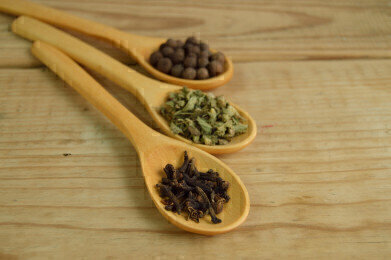
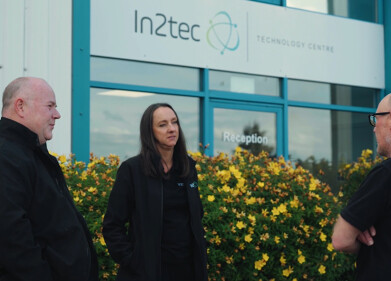
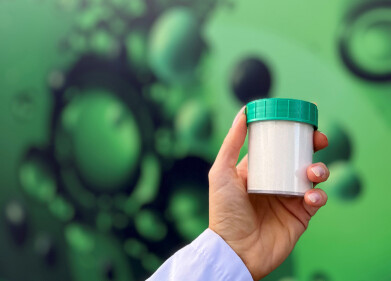
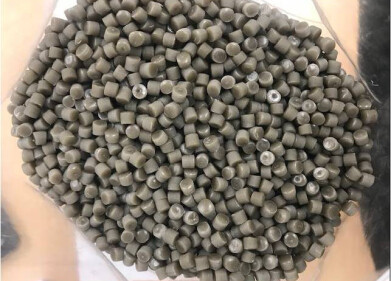
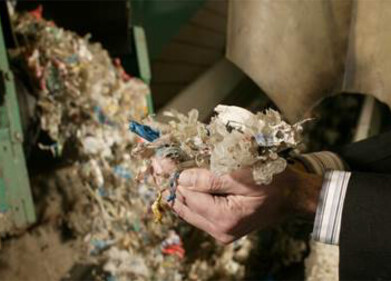


-as-feedstock.jpg)






